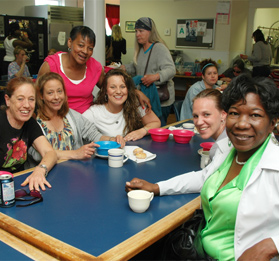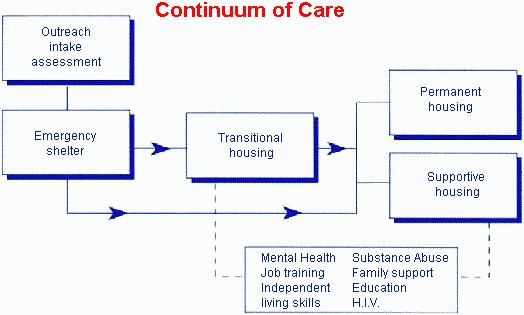Helping Recovering Addicts Reconnect With Themselves
Previously, we discussed the addict’s need to reconnect with God. Now, we turn to another important issue, the addict’s need to reconnect with himself. By this I mean gaining a new level of self-awareness that leads to positive change. This means knowing how he feels and why. And, importantly, it means recognizing his own needs. There are four essential areas of self-awareness that all who wish to succeed in living sober and healthy lives must have:

A. I am powerless over alcohol and/or drugs – This does not mean, “I am unable to avoid using alcohol or drugs.” This recognition focuses on what happens when the addict uses his/her drug of choice (which may be ethyl alcohol). This is the clinical definition of powerlessness — the admission (both intellectually and emotionally) that even in the most limited use of alcohol or drugs results in an outcome that the addict cannot predict. They need to see drinking or drugging as playing Russian Roulette with a gun. Just as every chamber does not contain a bullet, not that every using experience ends up in days of out-of-control use and behavior. But, eventually they will lose control.
Helping Recovering Addicts Reconnect With Themselves Read More »





 Many people still think of rescue missions as places where homeless people find housing, food and spiritual instruction. Yet, those of us who are involved in this field know that unless their deeper spiritual, emotional, physical, and social needs are addressed, homeless people will never attain stability in their lives. Many suffer from mental illness, addiction to alcohol and/or drugs, and various medical problems. Some cannot read, lack high school diplomas, and do not possess basic skills needed to find and keep a job. These and other complex problems keep people on the streets.
Many people still think of rescue missions as places where homeless people find housing, food and spiritual instruction. Yet, those of us who are involved in this field know that unless their deeper spiritual, emotional, physical, and social needs are addressed, homeless people will never attain stability in their lives. Many suffer from mental illness, addiction to alcohol and/or drugs, and various medical problems. Some cannot read, lack high school diplomas, and do not possess basic skills needed to find and keep a job. These and other complex problems keep people on the streets.


